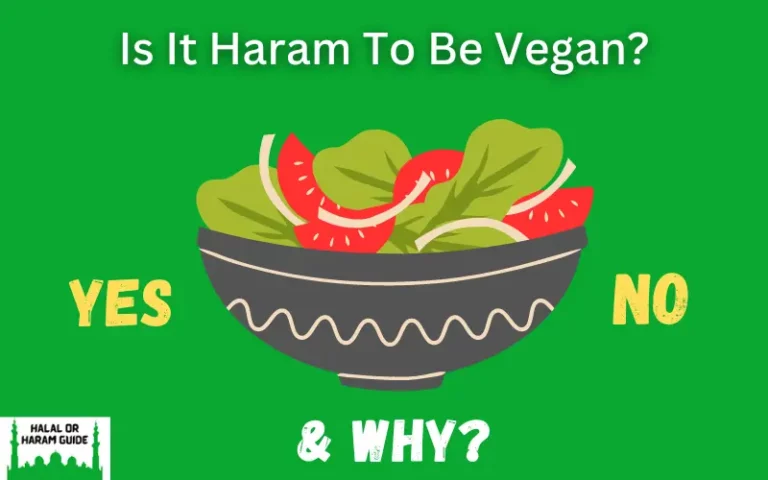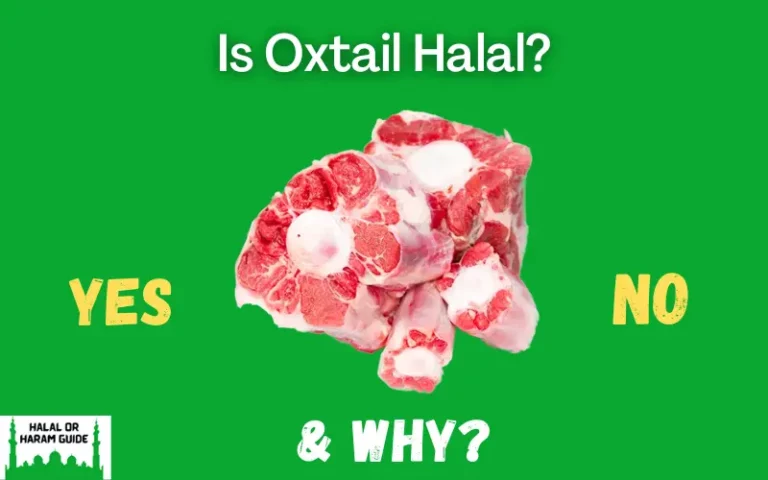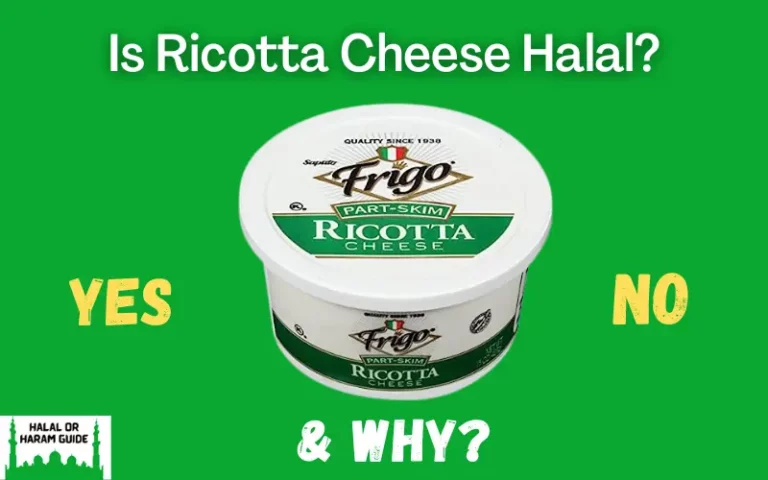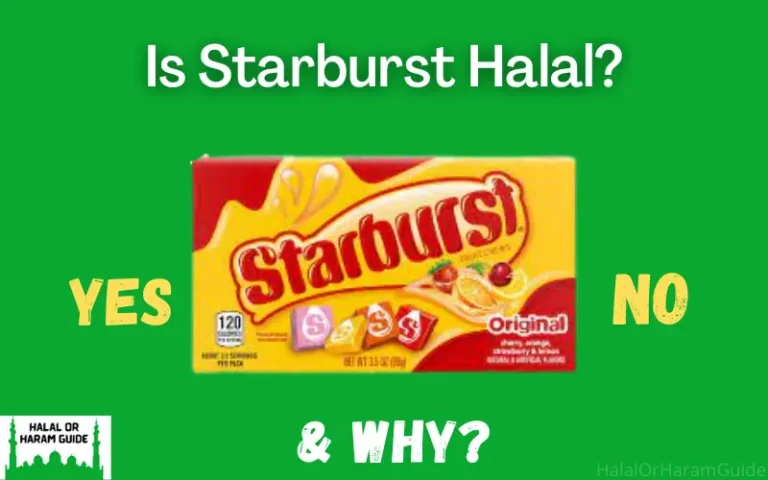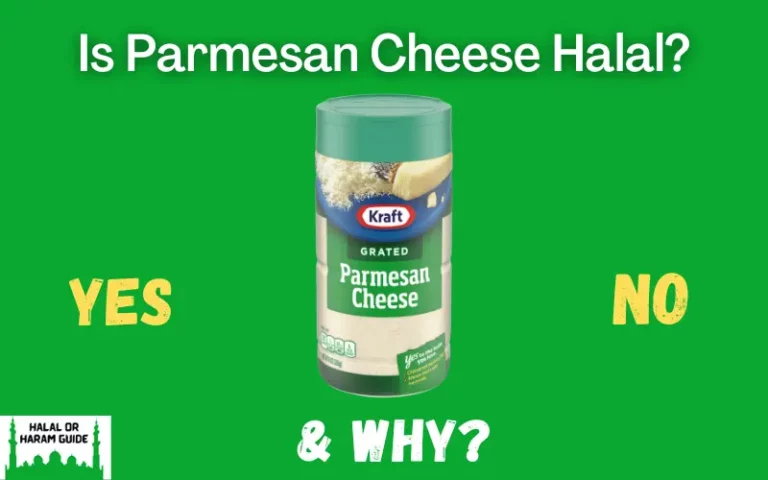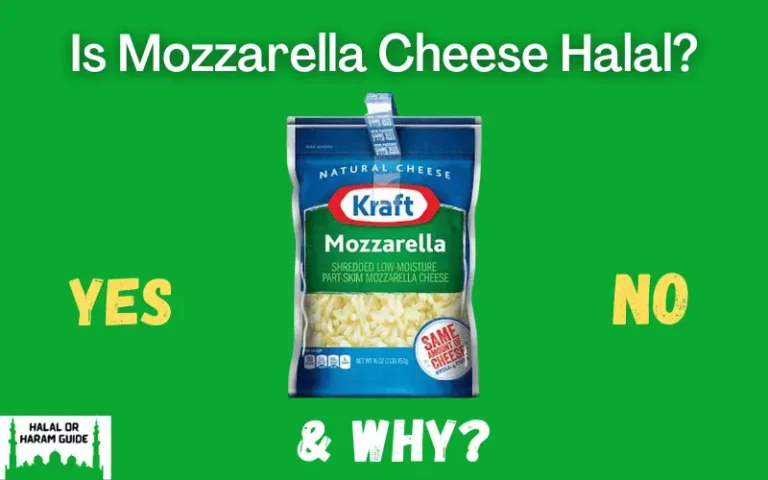Is Peanut Butter Halal Or Haram?
Is peanut butter halal? It is a question that many Muslims around the world are asking.
After all, peanut butter is a popular food item in many countries, but is it acceptable according to Islamic dietary laws?
To get a better understanding of the topic, let’s take a closer look at peanut butter halal or haram with all the related questions and answers.
We’ll also share a list of halal peanut butter available in the market. So let’s get started.
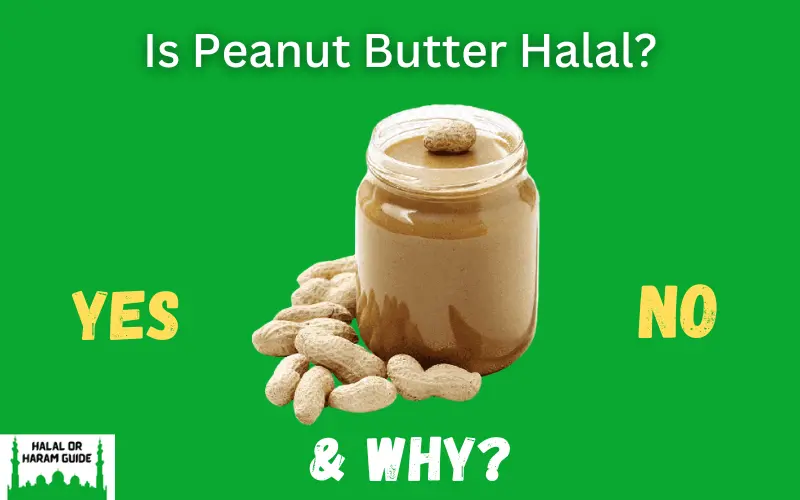
Is Peanut Butter Halal?
The answer to this question is yes, peanut butter can be considered halal as long as it does not contain any haram ingredients.
The raw materials used to make peanut butter must also be checked and certified as halal.
Generally, pure peanut butter without added preservatives and artificial flavors is suitable for Muslims and is halal.
Well, with new flavors being introduced every now and then, it is important to read the labels carefully before purchasing any product.
Some brands sell halal certified peanut butter while others do not, so it is best to check the ingredients listed on the packaging and understand clearly.
In peanut butter also there are five different types such as:
- Conventional peanut butter
- Crunchy peanut butter
- Natural peanut butter
- Smooth peanut butter
- Organic peanut butter
All this peanut butter is made differently. Therefore, it is important to read the ingredients and check that they are halal certified.
If you’re confused about Gluten, you can learn is Gluten halal.
List Of Halal Certified Peanut Butters
Here’s a list of some popular brands that sell halal peanut butter:
- Nutella
- Skippy
- Sunland
- Jif
- Waldbaum
- Sunnyland
- Smuckers
We found all these brands to be halal certified or made with halal compliant ingredients.
It is always best to do your own research and check the labels carefully before purchasing any product, as ingredients can change over time.
You can also see is pectin halal.
Ingredients Used In Peanut Butter
Peanut butter is made with two simple ingredients: peanuts and salt, which is halal. Some brands also add other ingredients like sugar and vegetable oils to enhance the texture and flavor of the product.
It should be noted that some brands may use emulsifiers, such as mono- and diglycerides, which may or may not be halal, depending on their source conclusion.
Therefore, checking the ingredients list for any emulsifiers that may not be halal before consuming is best.
Finally, when purchasing peanut butter, always make sure the product has been certified as halal by a reputable certifying agency and read the label carefully for any other added ingredients. This will ensure you are getting a truly halal product.
Also see is jam halal if you’re confused about it.
FAQs
Q. Is Jif peanut butter halal?
A. Yes, Jif peanut butter is halal certified and safe for Muslims.
Q. Is Reese peanut butter cup halal?
A. Considering the Reese peanut butter cup ingredient, it should be halal, but it has no halal certification. Therefore, it is better to avoid it.
Q. Is skippy peanut butter halal?
A. Yes, Skippy peanut butter is halal certified and safe for Muslims.
Q. Is peanut butter halal or haram?
A. Peanut butter can be considered halal as long as it does not contain any haram ingredients and is certified as halal by a reputable agency.
Q. Can Muslims eat peanuts?
A. Yes, Muslims can eat peanuts as long as they are not cooked with haram ingredients.
Conclusion
In conclusion, we hope this article helped you understand is peanut butter halal or haram better.
Peanut butter is a popular food item, and if the ingredients used to make it are halal, then there’s no reason why Muslims should not be able to enjoy it.
Always look for the halal certification logo on the labels and avoid any products that contain haram ingredients or do not have a halal certification.
It is also important to read the labels carefully before consuming any product, as ingredients can change over time.

